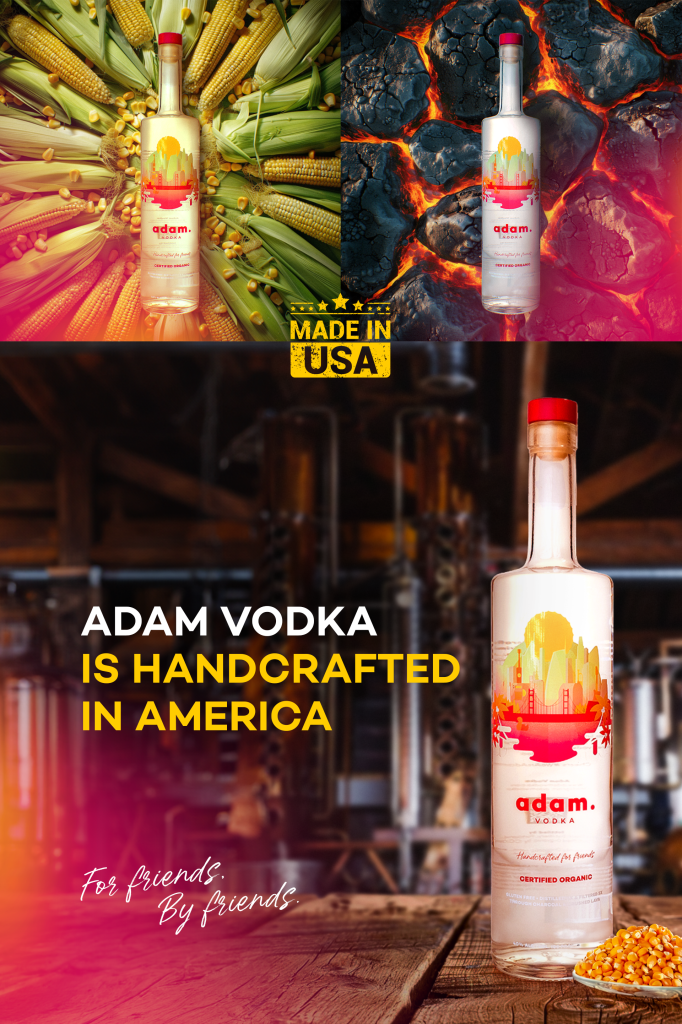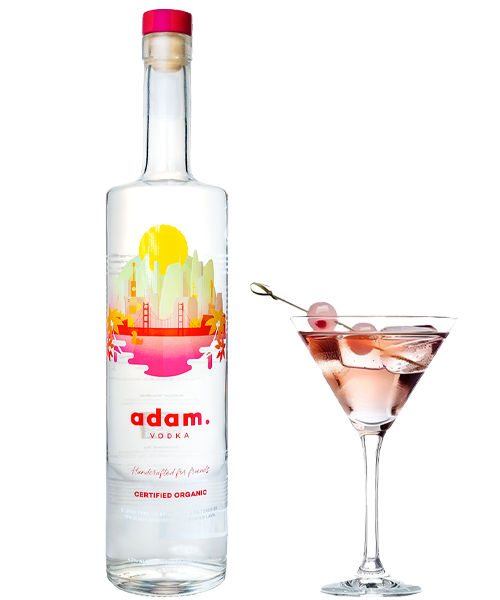Life isn't just about drinking;
It’s about savoring moments that become lasting memories. We’re the spirit of connection!

A Smooth Journey Start
In the heart of Minnesota’s fertile lands, we source a unique strain of organic corn that defines Adam Vodka’s distinctive taste. This exceptional corn, grown in nutrient-rich soil, is the key to the subtle flavors of cocoa, vanilla, and a hint of sweetness in our vodka.
Perfected by Nature in Portland, OR
Sourced from Minnesota’s organic corn fields, Adam Vodka is then brought to life in Portland, Oregon, through a meticulous process: distilled five times for unmatched purity, and filtered through lava rock charcoal to achieve its signature smoothness and distinct character.




TO CREATE A WORLD OF ELEVATED CONNECTIONS
Adam Vodka is crafted to elevate connections and transform social experiences. From the rich soil of Minnesota to the artful distillation in Portland, we create a vodka that turns gatherings into memorable moments. It’s not just about savoring a premium spirit—it’s about fostering the meaningful interactions that life is truly about. Join us in creating a world of elevated connections.
5x Awards
VODKA awards 2024


IS JUST THE BEGINNING
You may not have heard of us, but we’ve been here all along.
2019
The year of

2018
2019
2020
2021
2023






We ship nation-wide.
From California, with ❤️

You must be of legal drinking age to buy Adam Vodka. 21+





